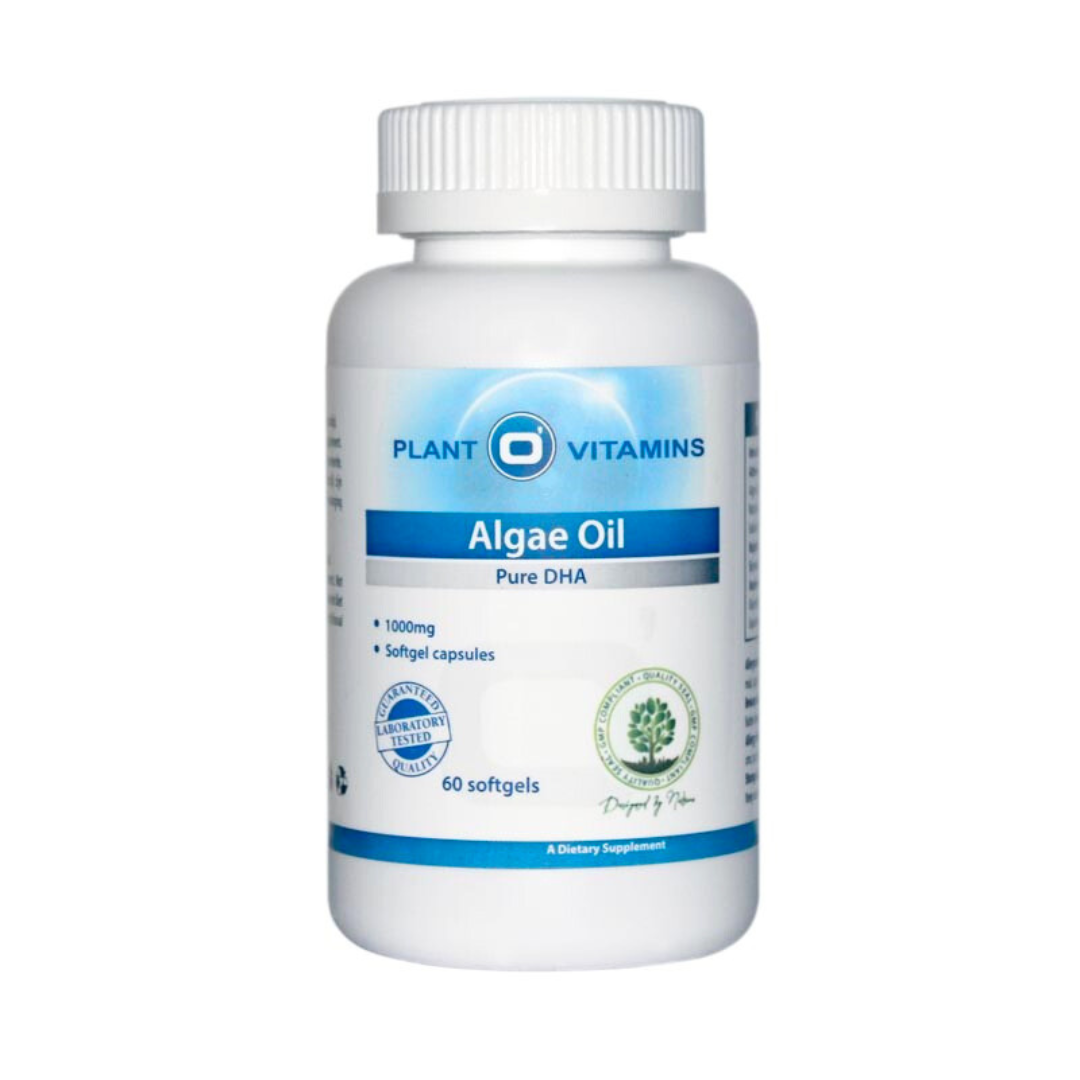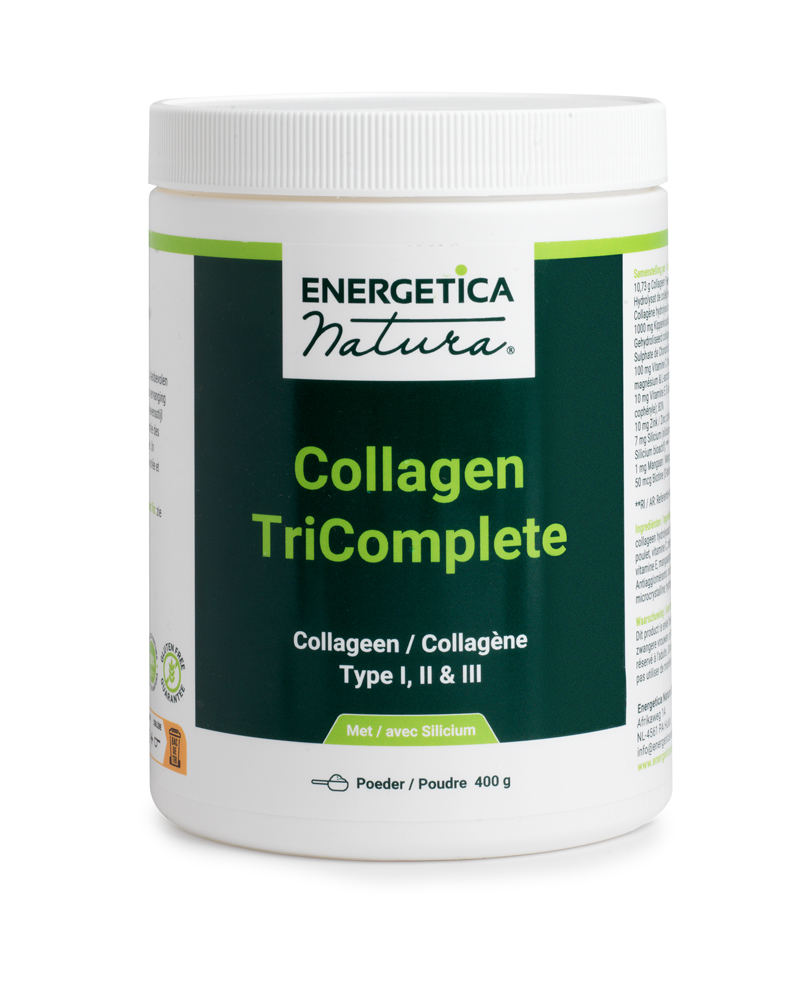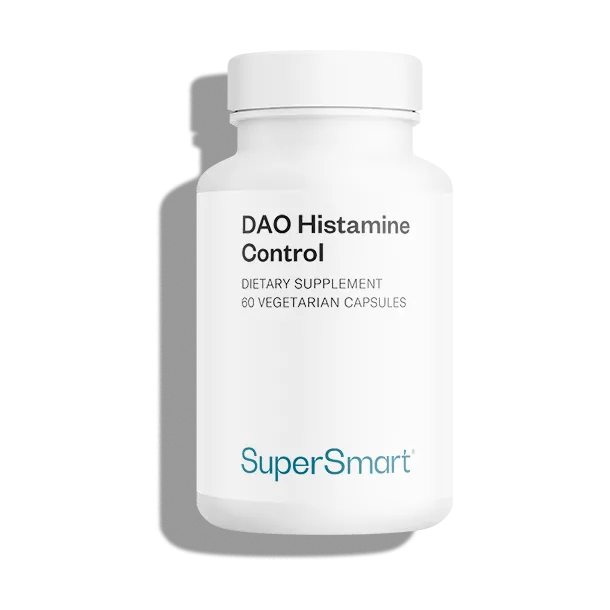Algae oil Plantovitamins 60 vegan softgels
The Algae oil softgel contains a very high dose of DHA: 400 mg. Algae are our original Omega-3 source. A fish gets its Omega-3 from algae. Algae oil provides us with the purest form of DHA. DHA restores peace of mind. DHA is the best form of Omega-3 in Omega-3 supplements.
Allowed claims
– Eyesight
DHA contributes to the maintenance of normal eyesight.
– Heart
DHA contributes to the maintenance of normal blood pressure, normal triglyceride levels in the blood.
– Brain
DHA helps maintain normal brain function and is an important building block for the brain. It plays a role in brain function.
To carry all these claims, the beneficial effect is obtained with a daily intake of 250 mg of DHA.
Background information
Algae oil is suitable for vegetarians and vegans. Algae oil is extracted from algae. Algae are at the base of the food chain in the sea. Fish in turn eat algae and store the DHA from the algae in their tissues. In this way, the plant source of DHA is utilized. From an ecological point of view, this is a pure form of utilization of our ecosystem.
Triglycerides are a type of fat, or lipids, used as a source and store of energy in the body. They are produced by the liver, but also enter through certain foods. Triglyceride levels in the blood are affected by our diet and by stress. This can lead to a possible risk factor for cardiovascular disease.
Lipids or lipoids are fats and fat-like substances that play an important role in the biochemical process. An excess of unhealthy fat is onerous for the body because it increases the risk of arteriosclerosis and cardiovascular disease.
Composition
Contains per vegan softgel
Algae oil 1000 mg, of which 400 mg is DHA
Vitamin E 10 mg
Ingredients (other substances)
Corn starch, Glycerin, purified water
Why is there little information available about this product?
Unfortunately, due to strict EU legislation, we are only allowed to provide limited information on supplements. Only approved claims that are in the EU database may be mentioned. Results from scientific studies that have not been submitted to the EU for approval are therefore usually not allowed to be shared.






